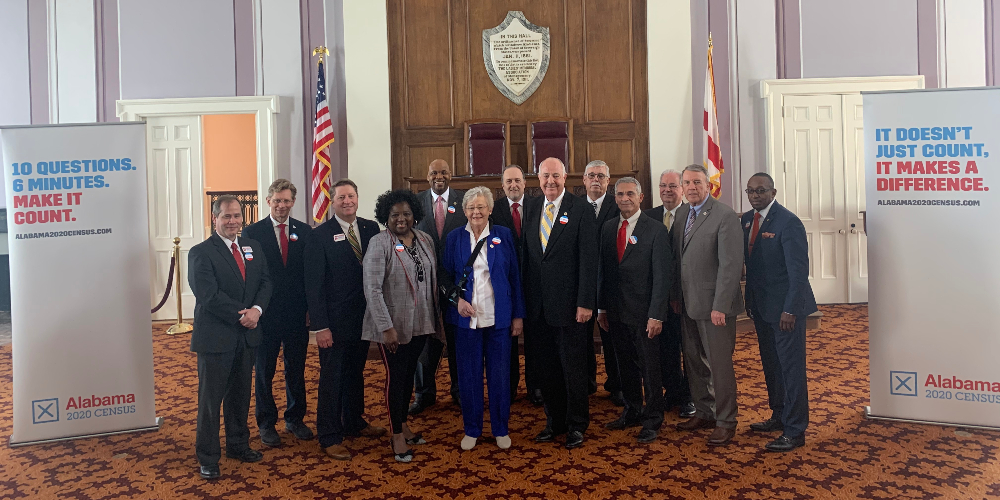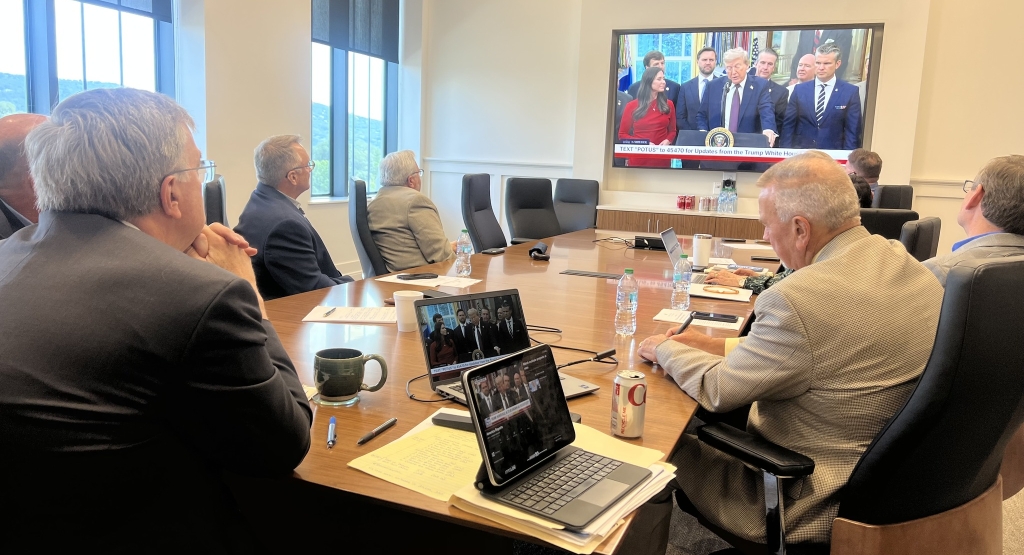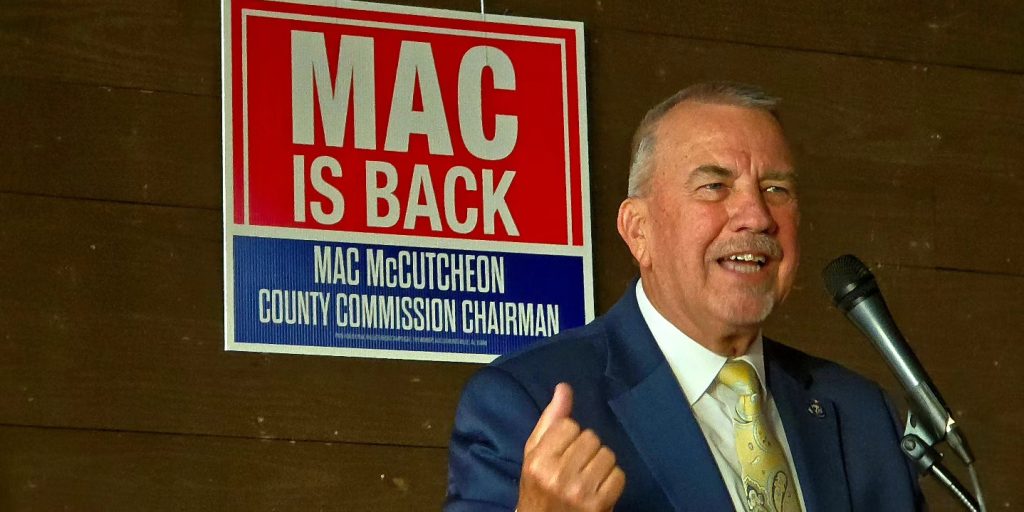MONTGOMERY – With the forms set to hit mailboxes in the coming days, the leaders of Alabama’s state government joined together Thursday to inform all Alabamians about the importance of responding to the U.S. Census.
“Today the marks the beginning of a period of time that will decide the future of our state for the next 10 years,” began Governor Kay Ivey.
“The results will have a direct impact on the number of representatives we have in the United States House of Representatives, and will also directly impact the number of federal funds we get. Right now it is $13 billion and we spend every bit of it,” Ivey advised the audience.
Posters behind the officials promised that taking the census, which consists of 10 questions, would last only around six minutes.
Because the census dictates the amount of U.S. Representatives from each state, it also controls how many votes a state gets in the electoral college that the country uses to elect presidents.
“I cannot emphasize enough the importance of getting that form, filling it out, and returning it,” implored Ivey.
Many observers have pegged Alabama as one of the states most likely to lose a representative after the 2020 Census.
Estimates of Alabama’s population over the last decade say it has grown, but just barely, and at nowhere near the rate of neighbors like Tennessee, Georgia and Florida.
“We talk about funding for our children and programs we have in the state, as the governor mentioned, we’re in the billions of dollars that are at stake. This would be devastating for our state for us to lose this funding just because we did not try to get out and help each other fill out these forms,” said Speaker of the Alabama House Mac McCutcheon (R-Monrovia).
Because of the way the census mandate is written in the constitution, illegal immigrants are eligible to be counted.
“We’re working through churches and church groups that have undocumented other nationalities worshipping in their churches. We’re reaching out to those pastors,” commented McCutcheon on Alabama’s efforts to count its non-citizen population.
Yellowhammer News asked regional census director Marilyn Stephens about the challenges of counting illegal immigrants, many of whom may be suspicious of interacting with government employees.
Stephens said the Census Bureau is required by law to “not share anything that will identify households or any of its inhabitants with their responses.”
She added, “No law enforcement, no CIA, no FBI, no ICE … census data can’t even be subpoenaed. Even the president can’t get it.”
Yellowhammer also asked Stephens about the challenges the census faces in serving some of Alabama’s more isolated areas.
“In some rural areas… we will hand-deliver the questionnaire. They will still have the online and telephone options,” Stephens replied.
“Many of the public libraries can help them complete their questionnaire online,” she added.
Stephens said the “biggest challenge” Alabama faces in getting to a full count is getting people to understand their participation increases “their quality of life.”
“People don’t make a correlation between their participation in the census and the goods and services and programs they need that increase their quality of life. That is the biggest challenge,” Stephens responded.
Henry Thornton is a staff writer for Yellowhammer News. You can contact him by email: [email protected] or on Twitter @HenryThornton95.













